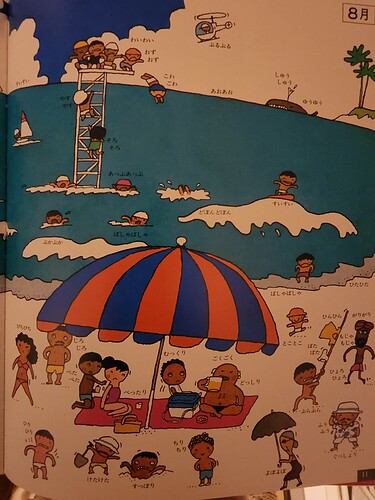Well, it’s not just the meaning I look for, when I’m looking for how to remember some word I’m having trouble with. One thing I tend to look for, for example, is something indicating the word’s origin in some other word, or even some other kanji, even if that word/kanji is not listed as being a precursor or related word in the ‘meaning’ section of the dictionary.
E.g. recently I came across はっきり, meaning ‘clearly’. Well, Jisho doesn’t list anything as being a related word, but I already knew the kanji 晴, meaning ‘clear up’, and with kun-readings usually starting with は, and being in words like 晴れる ‘to clear up’. So, I don’t know for sure that はっきり has any actual link to the combo [晴, は, ‘clear up’], but even if it doesn’t, I can still use it as a mnemonic for remembering that, “はっきり has something to do with ‘clear’, ah! ‘clearly’ seems right. Bingo!”
Also, for example, a lot of onomatopoeic words will have similar patterns, like similar endings, the usage of small-っ to kind of ‘emphasize’ or ‘distinguish’ them, etc. So, for example, to see if there’s a pattern with other words, you might try searching Jisho for “onomatopoeic words that end in っきり”, which would be this search, #on-mim *っきり - Jisho.org.
This gives 10 results, and a quick scan reveals that they are all adverbs, i.e. equivalent to -ly words in English.
They also have a common ‘theme’ of being ‘sharp’, or ‘crisp’, or ‘distinct’ or ‘precise’, which calls to mind that perhaps the きり part somehow comes from きる (切る), meaning ‘to cut’ (and indeed, many other meanings; and indeed is also very often made into a suffix -きり.
So, what I meant is using a tool like Jisho not just for a single word’s meaning, but as a research tool, to ‘dig in’ to a word’s relationships to other words, to try to get a better sense of ‘where it fits in’ to the language’s vocabulary/word-space overall.




 For example here’s some videos about some onomatopoeia you mentioned:
For example here’s some videos about some onomatopoeia you mentioned: 

